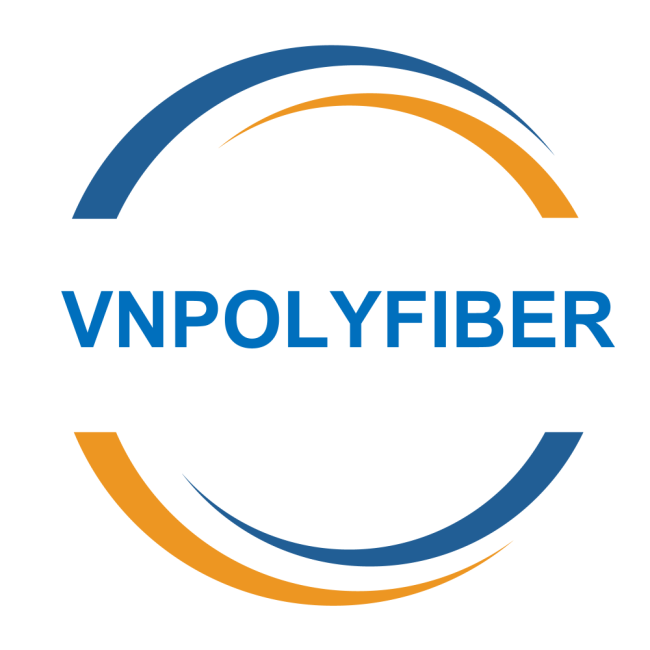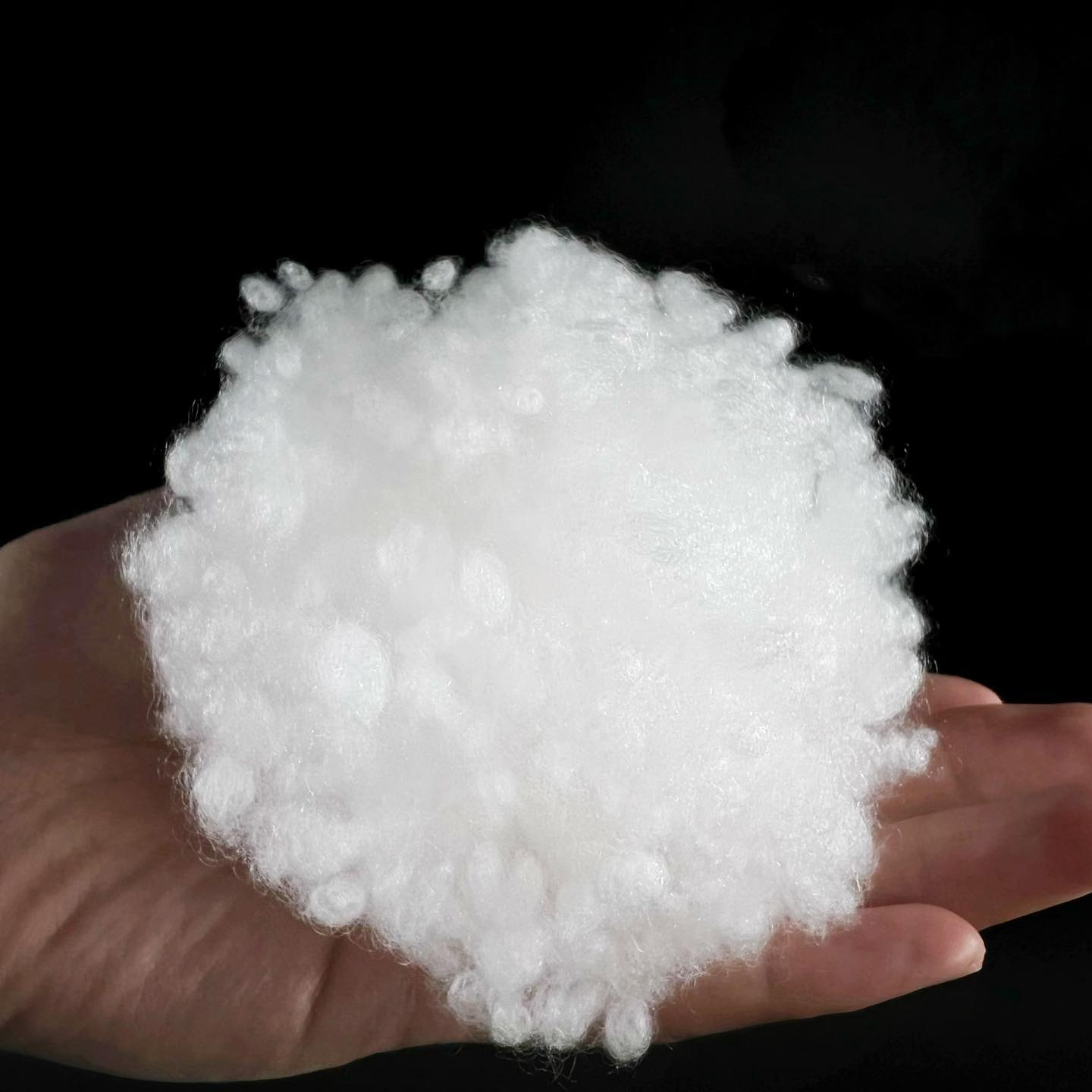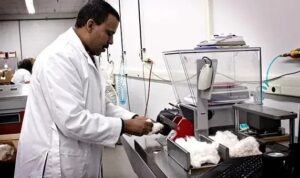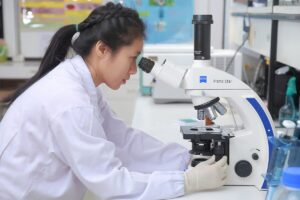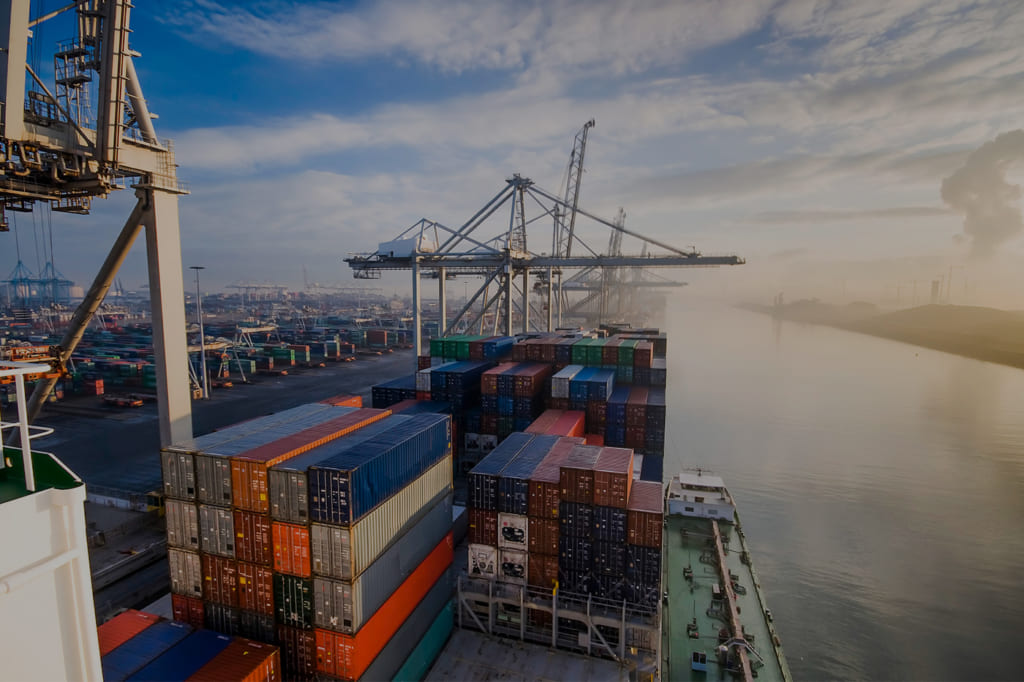Anti-dumping Investigation of Polyester Staple Fiber in Brazil
Brazil has initiated an anti-dumping investigation in imports of polyester staple fibre (PSF) originating from India, China, Vietnam, Malaysia and Thailand.
Polyester Staple Fibers (PSF) are widely used in the textile industry to produce a variety of products, such as general clothing, sheets, pillowcases, upholstery fabrics, carpets, ropes, tarpaulins, etc. Due to their strength, durability and ability to hold their shape, polyester fibers are also used in industrial applications such as conveyor belts and geotextiles for soil stabilization.
Polyester staple fiber (PSF), made from poly(ethylene) terephthalate, known as polyester or virgin polymer, which can be obtained through two production routes: DMT (Dimethyl Terephthalate + MEG) or PTA (Pure Terephthalic Acid + MEG: Monoethylene Glycol). In the case of recycled bottles, the product is mainly made from post-consumer bottles.
SECEX (Foreign Trade Secretariat of the Brazilian Ministry of Development, Industry, Trade, and Services) opened on 21 March 2024 a new antidumping investigation against Brazilian imports of polyester staple fiber (PSF) from China, India, Vietnam, Malaysia and Thailand, commonly classified under the NCM code 5503.20.90.
This action was taken in response to a petition submitted by Brazilian Association of Producers of Artificial and Synthetic Fibers (“ABRAFAS”), on behalf of two of its associates, Ecofabril and Indorama, who amount to approximately 70% of the Brazilian production of polyester staple fiber.
Apart from virgin PSF, the investigation also includes recycled PSF under tax number 5503.20.90.
The period of the dumping investigation covers from July 2022 to June 2023, while the period of the damage investigation spans from July 2018 to June 2023.
The subject product of this investigation is synthetic polyester fibers, which include fibers of recycled or virgin origin.
According to the petitioner, the products are made from poly(ethylene) terephthalate polymer, known as polyester or Virgin Polymer, which can be obtained through two production routes: DMT (Dimethyl Terephthalate + MEG) or PTA (Pure Terephthalic Acid + MEG: Monoethylene Glycol). In the case of recycled fibers, the product is mainly made from bottles post-consumption.
The petitioner clarified that the polyester fibers under investigation are not processed through the carding and combing processes and are characterized as non-carded and non-combed.
Regarding the substitutability of synthetic polyester fiber of recycled origin for synthetic polyester fiber of virgin origin, the petitioner said that synthetic polyester fiber of recycled origin satisfactorily meets all the technical characteristics required by customers, without any demerits in relation to the characteristics presented by synthetic polyester fiber of virgin origin
Alleged Dumping Margins
| China | Vietnam | Thailand | |
| Normal Value, delivered (US$/t) | 1.506,01 | 1.365,69 | 1.360,31 |
| Export Price, FOB (US$/t) | 1.038,37 | 980,44 | 1.071,67 |
| Absolute Dumping Margin (US$/t) | 467,64 | 385,25 | 288,64 |
| Relative Dumping Margin (%) | 45,0% | 39,3% | 26,9% |
| Malaysia | India | |
| Normal Value, delivered (US$/t) | 1.395,74 | 1.505,92 |
| Export Price, FOB (US$/t) | 936,32 | 1.298,99 |
| Absolute Dumping Margin (US$/t) | 459,43 | 206,93 |
| Relative Dumping Margin (%) | 49,1% | 15,9% |
• Sampling: Due to the high number of Chinese, Vietnamese, Thai and Indian exporters, sampling has been announced by DECOM.
• Normal Value: Constructed value on the basis of reasonable production costs according to the petitioner’s cost structure + operational expenses + profit margin for each investigated origin:
* Although Far Eastern New Century is based in Chinese Taipei, the petitioner pointed out that it has several related parties operating (and producing polyester fibers) in Asia, including in the countries under investigation
Injury Details (based on public figures)
• Export Price: Brazilian imports of the subject product in P5, as provided in the official customs database.
• The volume of Brazilian imports of the subject product increased from P1 to P5, with a 39.9% raise between P4 and P5.
• There was an 8.3% decrease in import prices during the period under investigation.
• The domestic industry registered a 15.8% reduction in production volume between P1 and P5 and a 14.4% decrease in domestic sales.
• The petitioners’ financial and operational indicators were negatively impacted.
Deadlines
• The producer/exporter and importer questionnaires responses are due 30 days from the receipt of the questionnaire (approx. April 29, 2024), extendable to additional 30 days (approx. May 29, 2024).
Active participation of importers, exporters, and any other interested parties in the investigation could be decisive in securing a more favorable outcome. Interested parties may request to be admitted to the process until 10 April 2024, provided they demonstrate the extent to which they could be affected by the imposition of the antidumping duty.
- Deadline for replying to the Importer’s Questionnaire: 30 days as of acknowledgement of receipt (presumed 3 days after the date of electronic transmission by the authority);
- Deadline for replying to the Exporter’s Questionnaire: 30 days as of acknowledgement of receipt (presumed 7 days after the date of electronic transmission by the authority).
• Other interested parties (i.e., consumers, associations, etc.) have a period of 20 days to request their participation in the investigation, i.e. April 10, 2024.
• Preliminary determinations are mandatory in original investigations and must be issued between 60-200 days from initiation (May 20, 2024 and October 07, 2024 respectively). Questionnaire responses submitted within the original deadline will be considered in the preliminary determination, which may result in the application of provisional measures.
• Legal representation must be regularized within 91 days after the initiation of the investigation, i.e., June 20, 2024, without possibility of extension.
• The following acts can be performed without a valid power of attorney (PoA): (i) request of extension for submission of questionnaire response; (ii) submission of questionnaire responses; (iii) submission of comments about product model codes proposed by the investigating authority; (iv) submission of proposal for an alternative third country for NME cases and (v) submission of comments to the sampling performed by DECOM. Please note that a valid PoA (notarized, legalized and sworn translated) must be submitted afterwards in order to validate the acts performed on the company’s behalf before the investigating authority.
The full text of the SECEX Circular (in Portuguese) that opened the investigation can be accessed in this link.
